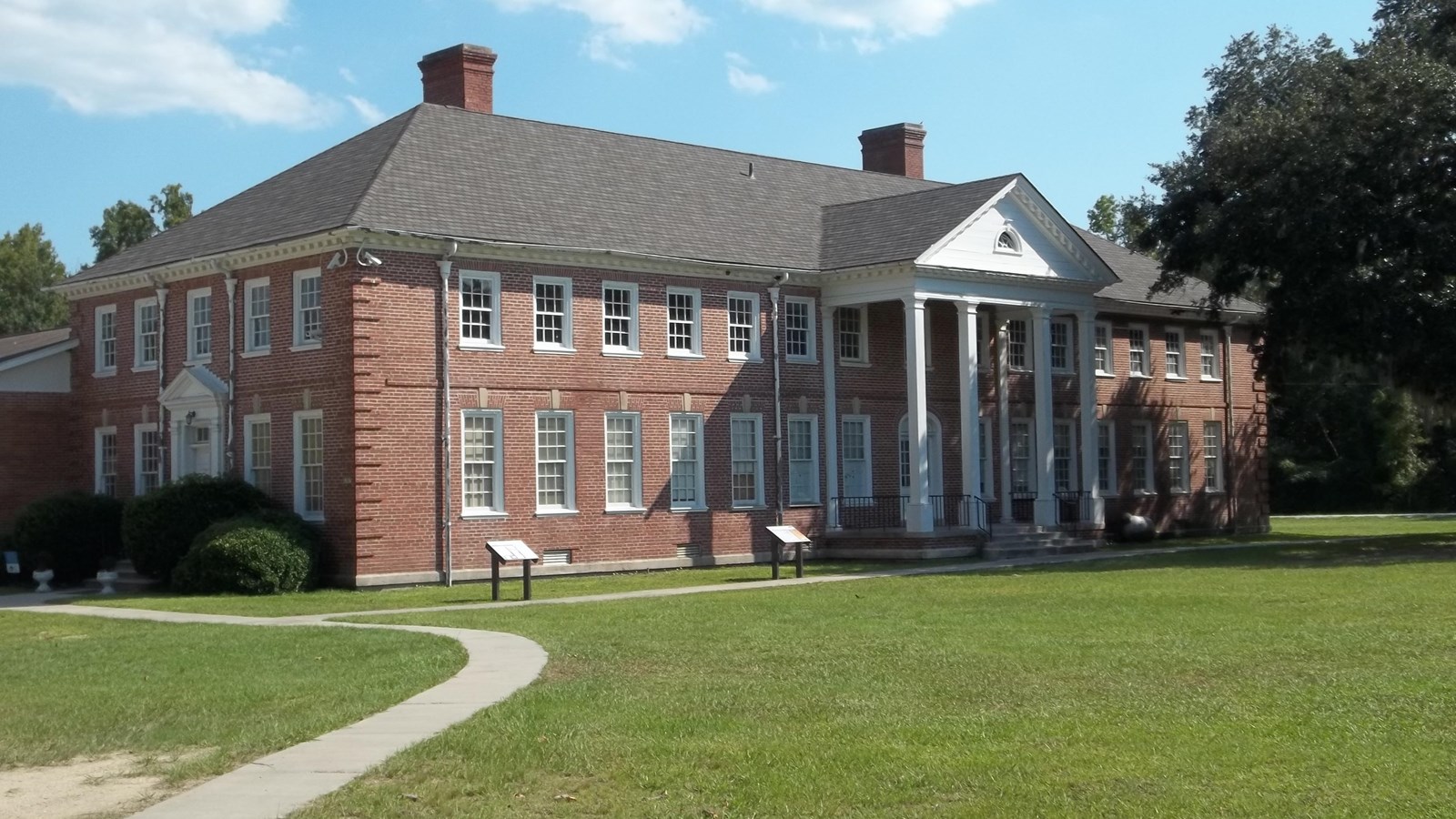Last updated: April 25, 2020
Place
Georgia: Dorchester Academy Boys' Dormitory

By Ebyabe, CC BY-SA 3.0, https://commons.wikimedia.org/w/index.php?curid=16193921
Dorchester Academy, an abandoned Congregationalist missionary school not far from Savannah, Georgia, was one of two sites where the Southern Christian Leadership Conference (SCLC) held its citizenship education workshops during the 1960s. In less than two years, the SCLC trained close to 2,000 teachers and leaders, who in turn taught more than 10,500 others in their home communities. Septima Clark, veteran educator and daughter of a slave, took in busloads of adult students and in week-long sessions taught them everything from basic reading, writing, and math to sections of state constitutions they would encounter in voter registration "quizzes." The students also learned the concepts and tactics of nonviolent direct action.
The SCLC's leadership training center was supported by a grant from the Marshall Field Foundation, which decided to support the civil rights movement by steering its philanthropy into voter registration. Field Foundation representative (and later mayor of Atlanta) Andrew Young was the school's first director.
Dorchester Academy was also the planning center for the SCLC's successful March 1963 campaign to end segregation in Birmingham, Alabama. The "Project C" (C for "Confrontation") blueprint involved ending segregation in Birmingham through four consecutive, increasingly-stronger steps--first,sit-ins and nightly mass meetings; second, a boycott of the downtown business district; third, mass marches; and fourth (if necessary), appeals to outsiders to descend on the city. Wyatt Walker, Project C coordinator, stressed that participants must not back down once the plan was in motion because some demoralized protestors might then become violent. Project C coordinators should be prepared to have at least 1,000 people in jail at one time, said Walker, and to keep the average jailgoer inside for more than four days (thereby putting economic pressure on the city).
Visit the National Park Service We Shall Overcome travel itinerary to learn more about the civil rights movement themes and histories. Also, be sure to check out Civil Rights subject site.
